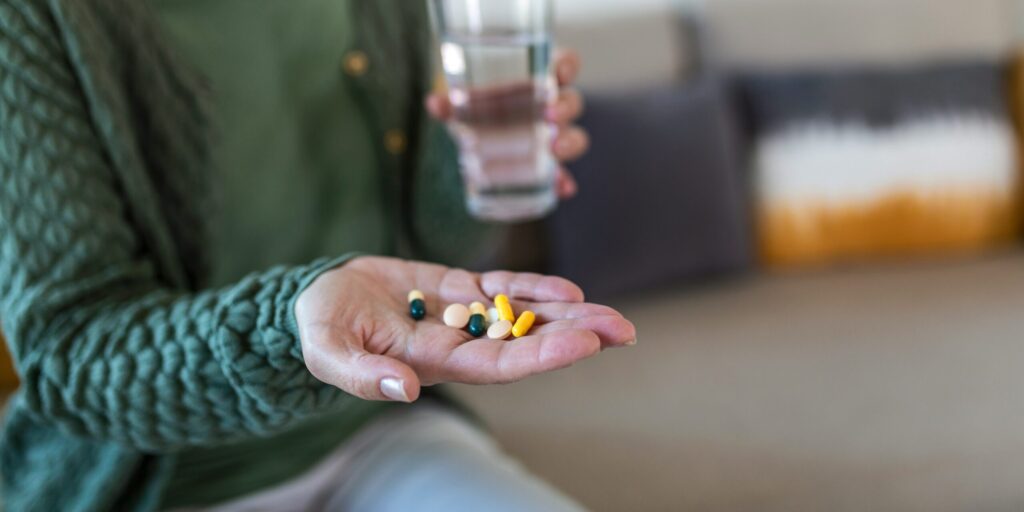A groundbreaking study published on October 26, 2025, reveals that GLP-1 (glucagon-like peptide-1) drugs, initially developed for the treatment of diabetes and obesity, may offer a novel approach to curbing addictive behaviors. The research suggests that these medications could play a role in reshaping how addiction is treated by targeting the brain’s reward circuits, which are crucial in the development of addictive behaviors.
The study highlights the potential for GLP-1 drugs to modify the brain’s response to rewarding stimuli, including those linked to addictive substances or behaviors. These medications work by activating receptors that influence hunger, satiety, and insulin regulation, but their impact on the brain’s reward pathways suggests they could also reduce cravings and the compulsive behaviors associated with addiction. This discovery opens up new possibilities for integrating weight-loss medications into addiction recovery programs, offering a dual approach to individuals struggling with both weight management and addictive tendencies.
The research builds on the understanding that addiction is not just about psychological dependency but also involves complex neurobiological mechanisms that influence behavior. GLP-1 drugs have shown promising results in clinical trials for treating obesity, but their ability to modulate the brain’s reward systems could extend their therapeutic benefits to individuals dealing with substance use disorders, gambling, and other forms of behavioral addiction.
The potential benefits of GLP-1 drugs in addiction treatment are significant, as they offer a new avenue for tackling addiction from a biological standpoint. Traditional addiction treatments often focus on psychological counseling and behavioral therapies, but medications that target the underlying brain chemistry could provide more comprehensive solutions for individuals seeking to overcome addiction. If further research confirms these initial findings, GLP-1 drugs could become an integral part of addiction treatment protocols, offering a new tool for individuals struggling to regain control over their behavior.
Experts in the field of addiction medicine are cautiously optimistic about these findings. While the results are promising, they stress the need for further studies to fully understand the long-term effects and the full range of conditions that GLP-1 drugs might help treat. Questions remain about the best ways to combine these medications with traditional therapies, and whether they will prove effective for a broad range of addictions.
This research also raises important questions about how society approaches addiction and the role that pharmaceutical interventions can play in recovery. If GLP-1 drugs do prove effective in curbing addictive behaviors, they could revolutionize the way addiction is treated, making it possible to approach recovery through a combination of pharmacological and behavioral strategies.
As the scientific community continues to explore the potential of GLP-1 drugs in addiction treatment, this study marks a significant step forward in our understanding of how medications originally developed for one purpose can have far-reaching effects on other areas of health. It also underscores the importance of innovative approaches to treating addiction, which continues to be a major public health challenge worldwide.


